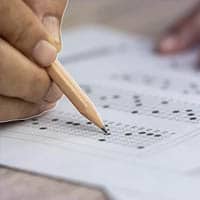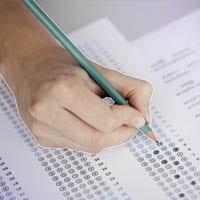
One Month GRE Study Schedule
Planning to take the GRE soon? Magoosh’s One Month Study Schedule walks you through exactly what to do every day in order to maximize your scoring potential.
Most Recent Posts
Ready to start studying with Magoosh?
We offer a 7-day money back guarantee if you don’t like the product for any reason.
90 Day GRE Study Plan for Beginners
Is your GRE test about 3 months away? Are you new to the test and equally worried about Quant and Verbal? This study schedule is for you.
Magoosh increased my score by 16 points!!! Great study schedules, practice problems, practice tests, instructional videos (both for lessons and as explanations to practice problems), and EXCEPTIONAL feedback from the team when I wrote in to ask follow-up questions about the practice problems. Also, I love the vocabulary flashcards! All in all, Magoosh’s platform was an extremely affordable, sure-fire way for me to increase my score.

GRE Resources
Trustworthy, affordable (maybe even free!), and easily accessible whenever and wherever you have time to study.
Ready to start studying with Magoosh?
We offer a 7-day money back guarantee if you don’t like the product for any reason.




















